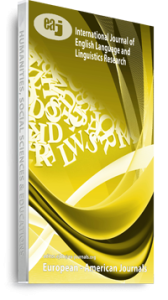This paper examines the therapeutic potentials of proverbs in line with the cosmological beliefs of the Yorùbá. Hinged on the popular saying, ‘Prevention is better than cure,’ the paper’s main thrust is the exploration of the possibility of deploying the use of proverbs as a truism to convince the ‘patient’ in a problem solving encounter, where, by extension, encounters are seen beyond medical related interactions. The saying is given credence by not only the medical psychologists but also by the scriptures. The concepts of Bach and Harnish’s Mutual Contextual Beliefs (MCBs) and Aristotelian Ethos were adopted as theoretical framework. 12 purposively selected Yoruba proverbs (translated into English) were used as data, and subjected to discourse analysis. The paper concludes that taking precautions from expertise advice, including medical education, and aphorism characteristic of proverbs could be more efficacious for a healthy lifestyle and affirms that obedience is truly better than sacrifice. Effective use of ‘words‘, at auspicious time, proves to be more medicinal than the actual intake of drugs. Therefore, ‘there is power in the word’ becomes more pragmatic in the Yorùbá attachment of much importance to linguistic and literary features associated with proverbs, especially the sharp wit, the humour, the rhetoric and all other aesthetic values of language use pertaining to caution, patience, self-confidence, invulnerability, inspiration, hope and all other lexical items of ‘healing’.
Keywords: MCBs, Proverb, healing tongues, medical

